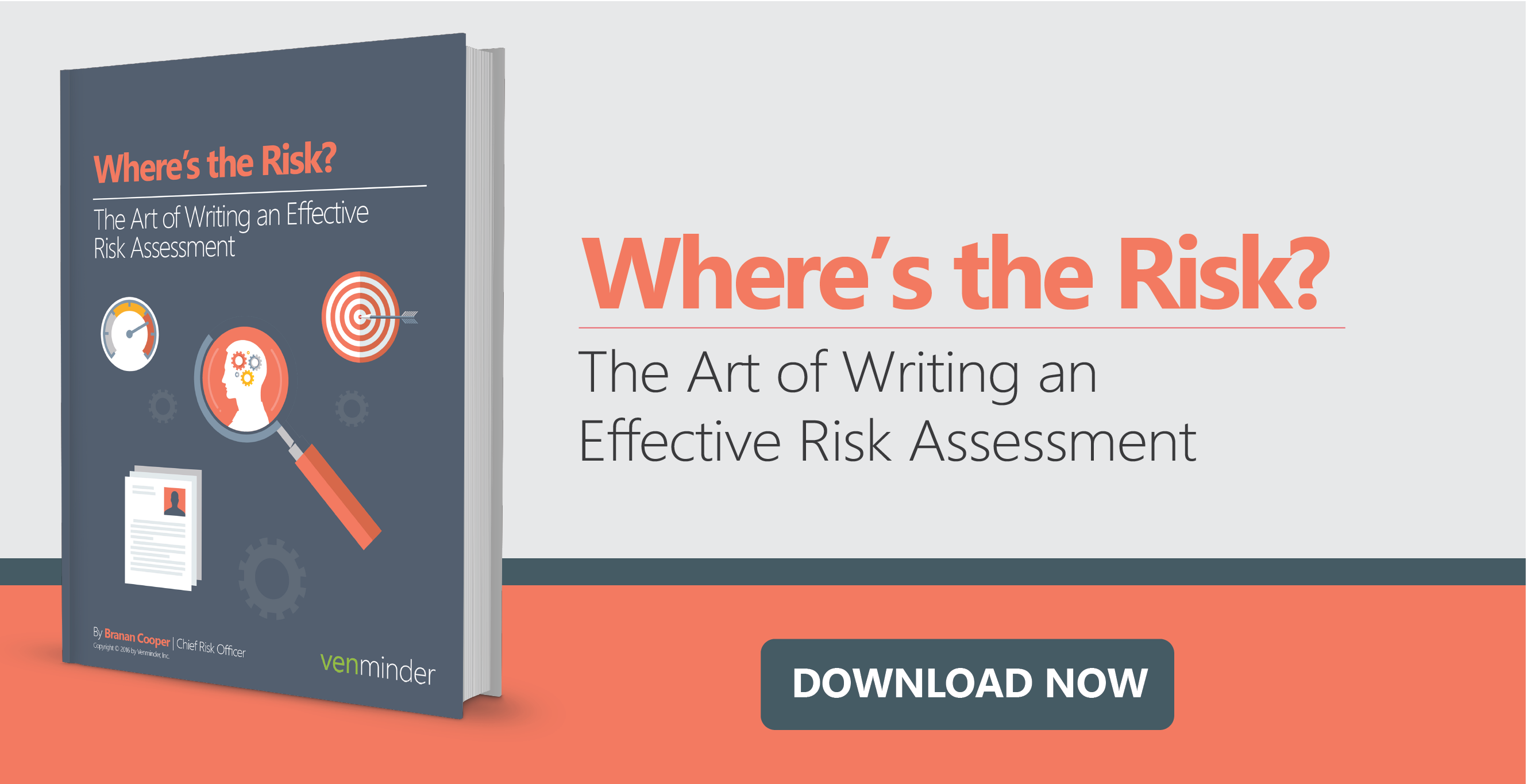Just as the leaves changing or the geese migrating herald the change of seasons, things change for companies as well. And, if those companies are a critical third party of yours, you need to be aware of it and consider what risk that may pose to your financial institution!
Examples of "change" to watch out for
It's important to read the news and stay updated with what is happening at your third party companies. Here are some examples of change that should raise red flags to you:
- They’ve started a new product line
(Is it consistent with the rest of their products? If not, it could signal a major change in strategic risk!)
- They’ve gained or lost a significant portion of the management team
(Do they have the right people in place with the appropriate experience to keep things going?)
- They’ve announced large layoffs
(How's their financial condition? This might be a strong indicator of financial risk concerns!)
What you should do to handle "change"
The OCC Bulletin 29-2013 stressed a lifecycle approach to all facets of third party risk management, and I think when they put that in place, they had the nature of change in mind.
You can’t allow due diligence to be a one time event; you need to keep the documents up to date and in order. If there’s been a major change at the company, that can cause positive or negative consequences to you.
If problems arise at the company, your protection is your risk assessment. You must keep the risk assessment up to date periodically and as conditions warrant.
If there are new products and/or services available through them, consider if you need to expand your contract and what you purchase. If it doesn't seem consistent with their existing products/services, try to find out their future plans and strategy. Make sure they still seem like a long-lasting company and the direction still matches your needs.
If they've changed staff, keep track if your processes and communication with them are still satisfactory. Do due diligence on new management.
If their financial conditions have deteriorated, perhaps additional or more frequent monitoring is needed and more frequent due diligence collection and analysis of their financial condition is needed.
If any "changes" at their company starts negatively affecting their reputation or your financial institution, that is the time to voice concerns and consider finding a replacement vendor. Change is inevitable but how you plan to manage it can make all the difference.
Need help writing an effective risk assessment? Download this whitepaper.







